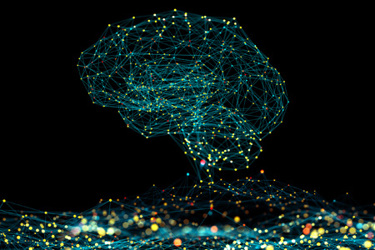The Algorithm Is In: 5 Ways AI Is Transforming Medicine

Artificial intelligence (AI) and machine learning are rapidly transforming the medical field, offering innovative solutions to complex problems. This transformation is particularly evident in the areas of diagnostics, treatment recommendations, monitoring, predictive medicine, pathogen detection, drug development, and bioelectronic medicine.
AI's ability to process vast amounts of data and recognize patterns can lead to more accurate diagnoses and predictions of patient outcomes. It can also aid in the identification of new pathogens and accelerate drug development by predicting the function and behavior of molecules. In the realm of neurology, AI has been instrumental in the development of technologies that interpret data from the human brain and nervous system, enabling breakthroughs such as allowing a paralyzed man to consciously control his limbs.
However, challenges remain in making data from Electronic Healthcare Records interoperable and accessible for such analyses. This article explores the exciting potential of AI in revolutionizing healthcare, with a focus on the medical device business and neurology.
Get unlimited access to:
Enter your credentials below to log in. Not yet a member of Drug Delivery Leader? Subscribe today.
